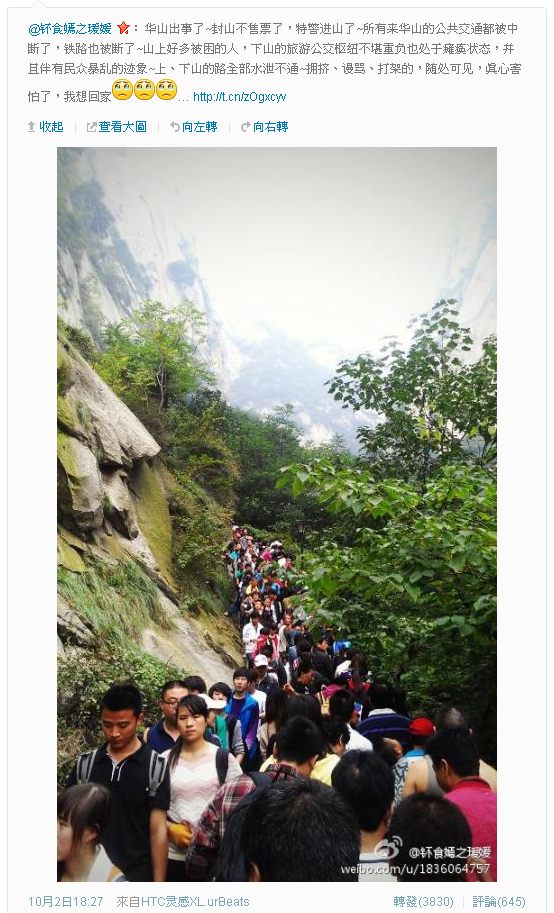Fwd.
* Sent from my Apple iPhone
Begin forwarded message:
 |
 |
| Weekly Asia Update | November 2, 2012 | |
 |
 Big Almaty Lake, Kazakhstan | | | | | | China's Thirst for Oil The demand for oil and gas in China has grown with the country's rapid economic development of recent years. While the nation's major domestic oil fields continue to produce crude oil, China is increasingly looking beyond its borders for its energy needs. I recently visited western China and Kazakhstan, home to one of the world's biggest oil reserves (and the world's largest landlocked country), to research this industry. My first stop was Karamay in China's Xinjiang region. The name Karamay means "black oil" in Uyghur, the local language. And I did indeed see slicks of thick black oil even near tourist sites and the Karamay oil field is one of China's largest oil fields. In operation for nearly 60 years, it has been facing higher operating costs in recent times due to increased difficulty in recovering oil. China began investing in neighboring Kazakhstan's energy sector in the 1990s and has stakes in various oil, gas and pipeline projects. Along with a group of global investors, I met with industry executives in Almaty, Kazakhstan's financial capital, to hear them outline, among other things, China's investments in this area which has helped supply Kazakh oil to China. At the same time, China's investments have helped Kazakhstan's economy by creating local jobs and contributing to local society. Some executives went into considerable detail to describe corporate community involvement and contributions to schools and hospitals. Almaty's streets illustrate the city's economic disparity with a mix of high-end luxury cars running next to some very dilapidated vehicles. One executive spoke of his desire to see an increase in China's investment in the industry and provide cheaper oil and gas to the local market. Obviously, the executives have seen how China is operating in an environment in which oil is a sensitive and political topic. As China continues to make more acquisitions and nurture energy partnerships globally, it seems China's appetite for overseas oil will only grow.  | Hardy Zhu
Research Analyst
Matthews International Capital Management, LLC | | | |
 | You should consider the investment objectives, risks, charges and expenses of the Matthews Asia Funds carefully before making an investment decision. This and other information about the Funds is contained in the prospectus, which may also be obtained by calling 800.789.ASIA (2742). Please read the prospectus carefully before you invest or send money as it explains the risks associated with investing in international and emerging markets. Investing in international and emerging markets may involve additional risks, such as social and political instability, market illiquidity, exchange-rate fluctuations, a high level of volatility and limited regulation. Fixed income investments are subject to additional risks, including, but not limited to, interest rate, credit and inflation risks. In addition, single-country and sector funds may be subject to a higher degree of market risk than diversified funds because of concentration in a specific industry, sector or geographic location. Investing in small- and mid-size companies is more risky than investing in large companies as they may be more volatile and less liquid than large companies. The subject matter contained herein has been derived from several sources believed to be reliable and accurate at the time of compilation. Matthews does not accept any liability for losses either direct or consequential caused by the use of this information. Matthews Asia Funds are distributed in the United States by Foreside Funds Distributors LLC
Matthews Asia Funds are distributed in Latin America by HMC Partners © 2012 Matthews International Capital Management, LLC. Matthews Asia® is a registered trademark of Matthews International Capital Management, LLC. Matthews International Capital Management, LLC
Four Embarcadero Center, Suite 550
San Francisco, CA 94111
USA | |
| |
































